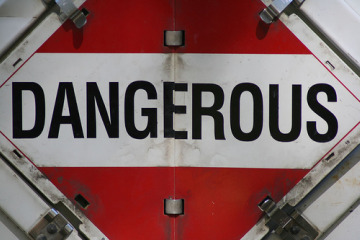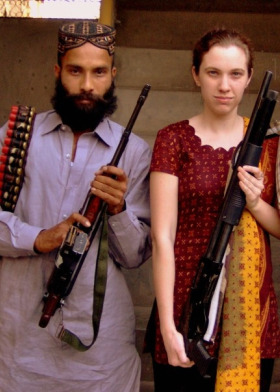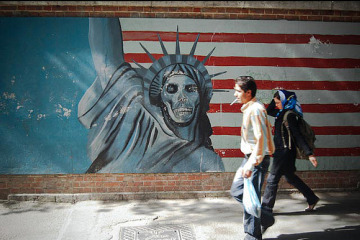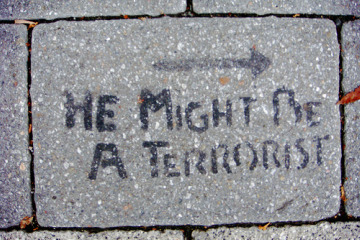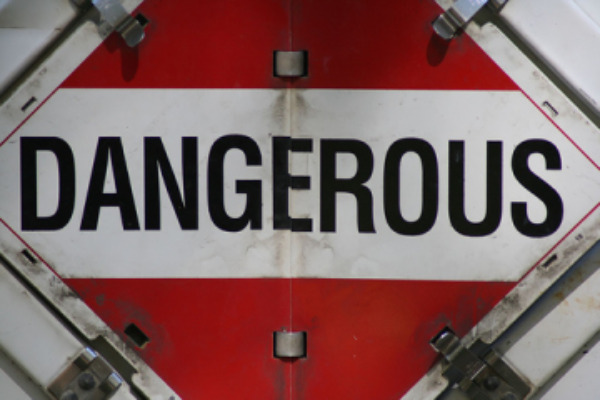
Photo: azlea
At least once a week, I respond to an email or forum message that goes something like this:
Hi! I’ve been reading your articles and following your blog, and since you’ve lived in Pakistan, I wanted to ask if you felt safe over there. My husband and I, along with our two kids, are planning to move to Lahore/Islamabad/Karachi and we want to know how dangerous it really is to live there.
The problem is, I can’t give a definitive answer whether Pakistan, or any place, will feel “safe” or “dangerous” for anyone else, as there are so many factors involved, like what neighborhood you live in, what contacts you have, if you understand the local language, how you travel, and what situations seem normal and safe to you.
